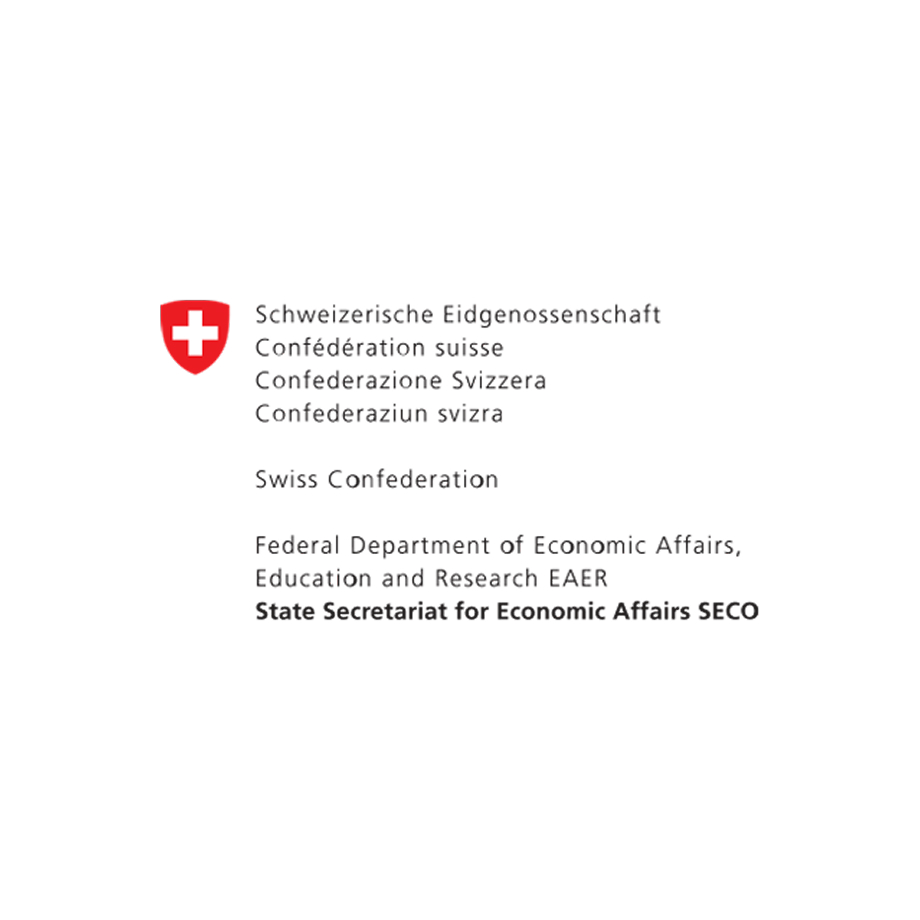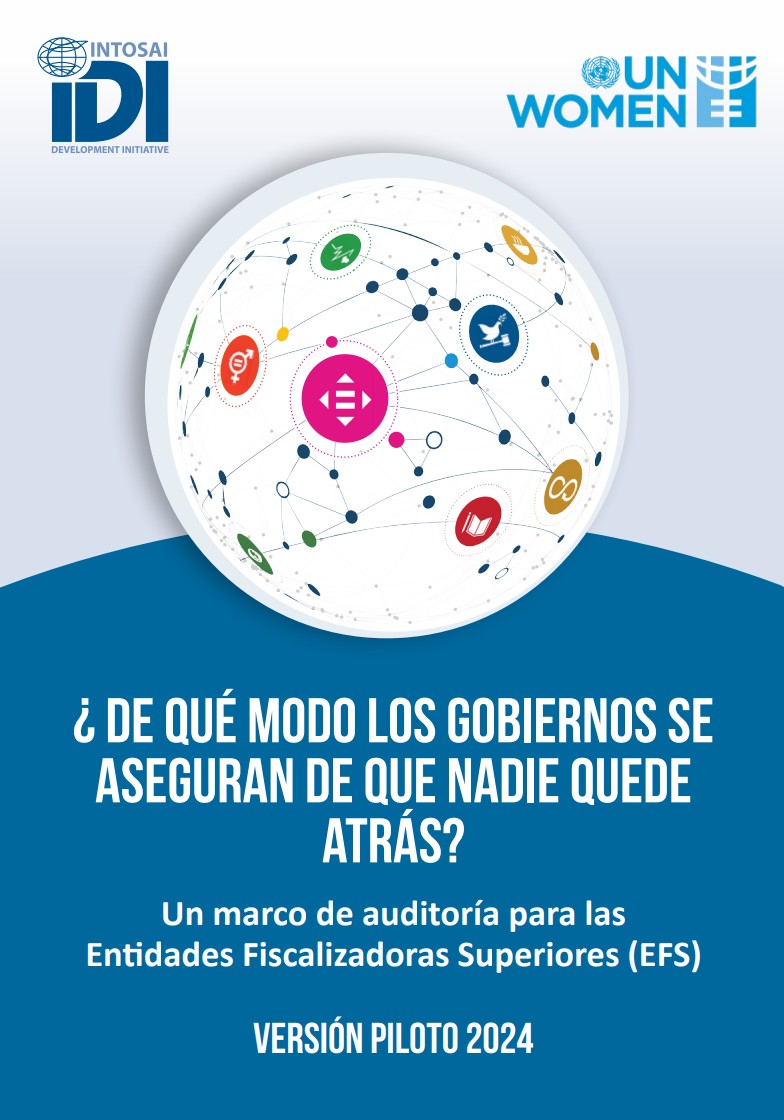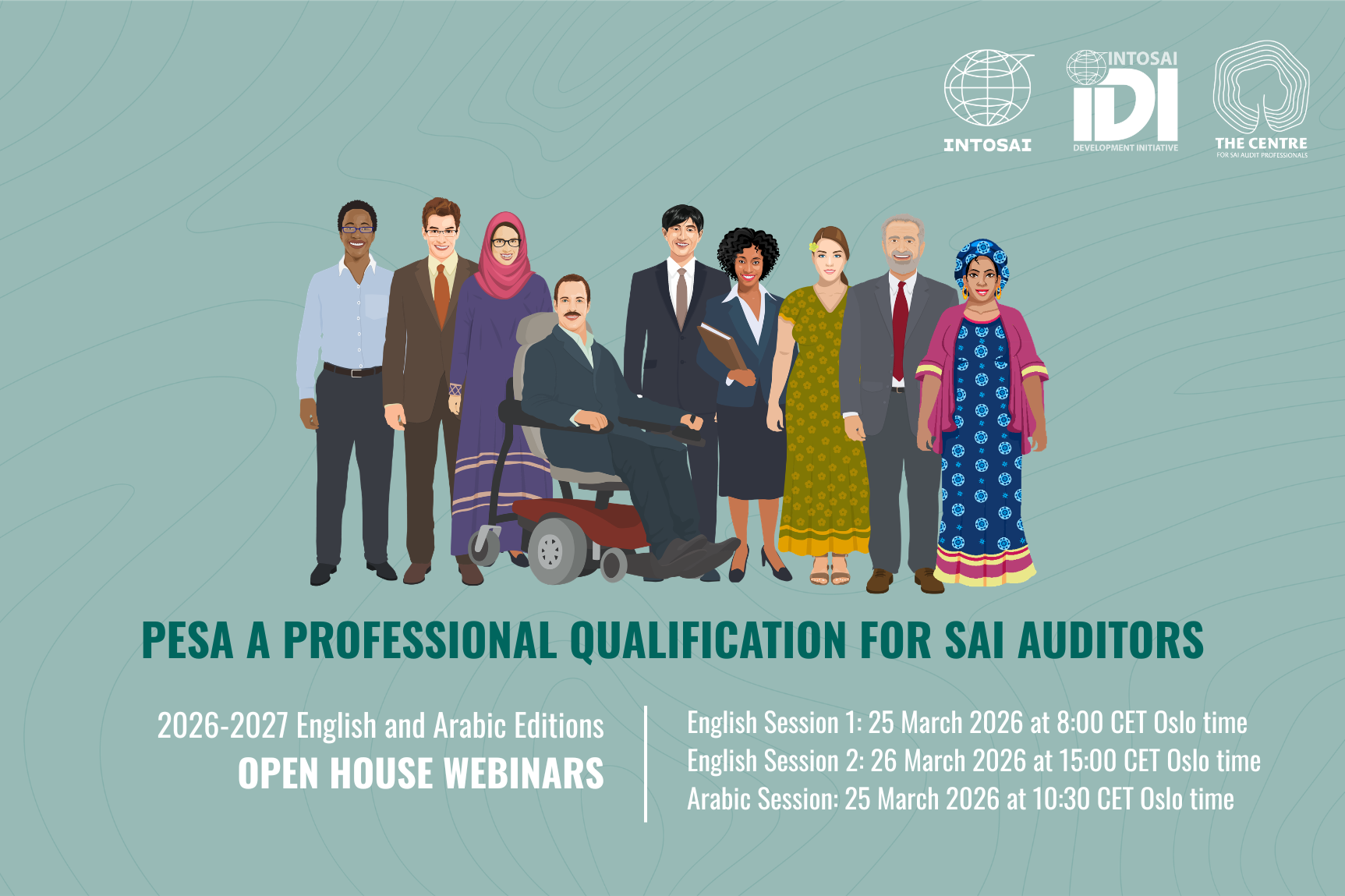Cape Verde
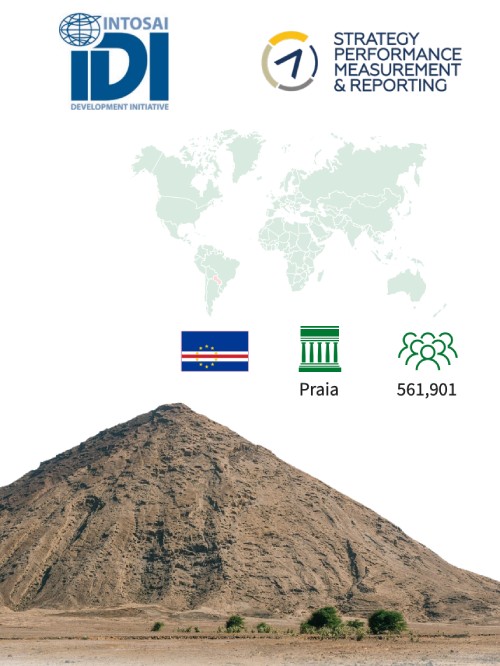
Meaningful indicators, meaningful results – a strategy mid-term review to improve impact
The participation in the SPMR initiative led to improvements from the previous strategic plans. For instance, the current strategic plan now includes an integrated human resources plan and an IT strategy that allows a holistic view of the Tribunal’s strategic planning process. It captures the SAI priorities as an institution supporting the country public financial management with a focus on improved judgment process and financial responsibilities.
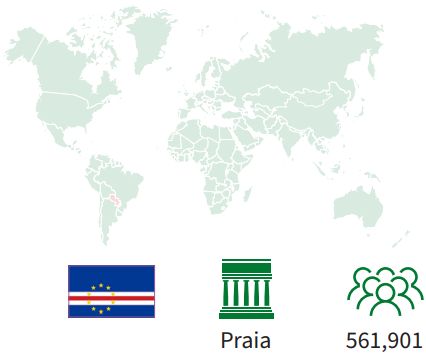
Of particular interest, the strategic development plan refers to the Transparency International Corruption Perceptions Index to measure its impact on the improvement on the management of public affairs.
The strategic development plan is supported by an operational plan covering the same period. This approach provides an overview of the 60 activities to be delivered throughout the five years period to implement the strategic development plan.
The operational plan sets clear and measurable targets and provides information on resources needed to execute it. Having clear targets is again a key element of a strategic plan as it helps to assess the performance of the execution of the plan.
The Tribunal de Contas has developed its own Planning, Monitoring and Control Guide which requires a mid-term review of the strategic development plan reflecting strategic management best practices. Indeed, while a strategic plan is usually set for a period like 5 years in the case of Cabo Verde, strategic management always requires flexibility. To that end, assessing the strategy effectiveness is key and that it the purpose of the mid-term review that the Tribunal de Contas decided to conduct.
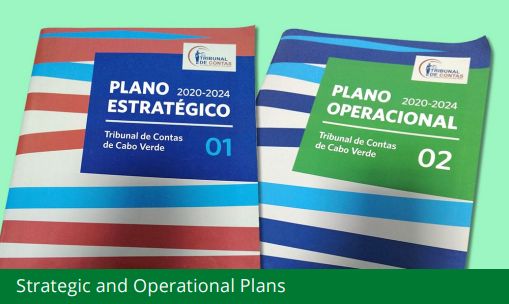
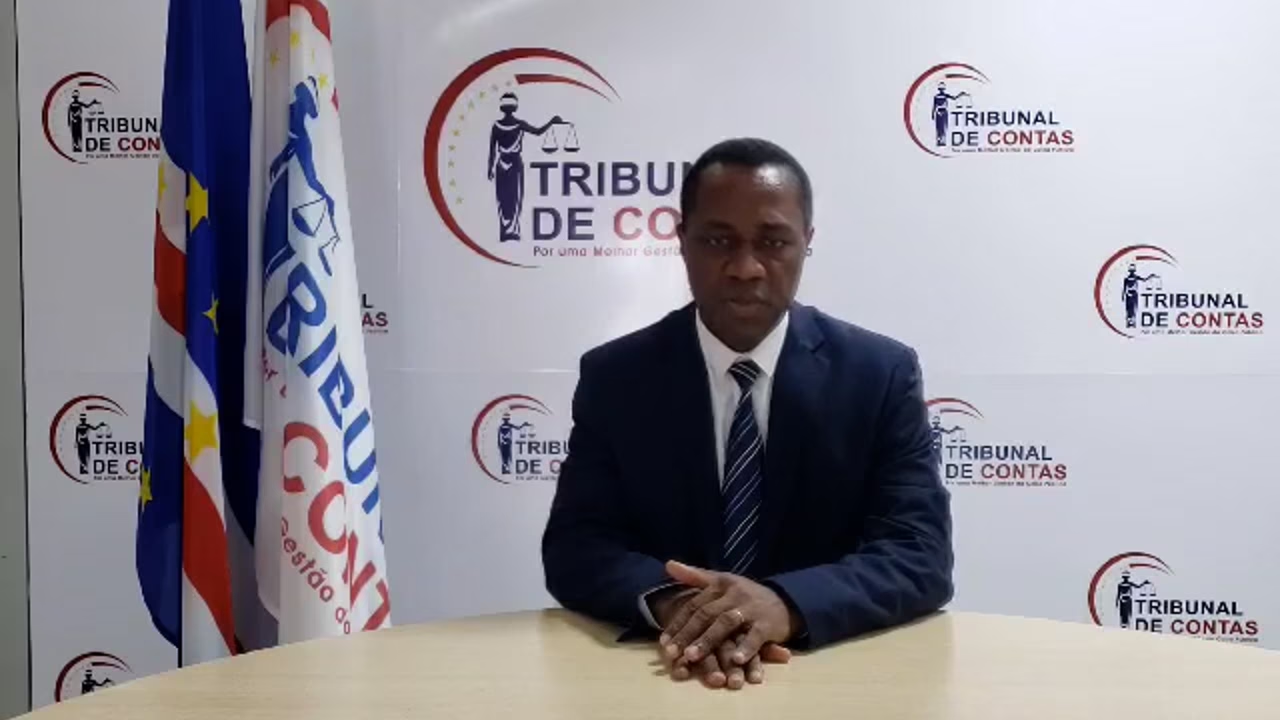
The first thing to do was to prepare the terms of reference detailing the objectives, scope, methodology, and timeline together with the resources necessary to conduct the review.
The SAI decided to conduct this mid-term review through its Planning and Quality Control unit using the activity reports produced by the Tribunal de Contas for years 2020 and 2021 and information directly collected to the operational units for the first part of 2022.
The mid-term review proved to be very positive as it highlighted the areas where improvements are necessary hence allowing the President of the Tribunal to make necessary decisions to prioritize the activities for the second half of the strategy term. Notably, the SAI will focus on measuring the public perception of the SAI and its impact on the management of public resources for the benefit of the citizens.
The team in charge of the mid-term review was very familiar with the strategy and operational plan as its members participated in the SPMR Initiative. Thanks to this training, they were able to find solutions to the methodological issues they face during the review design and execution process.
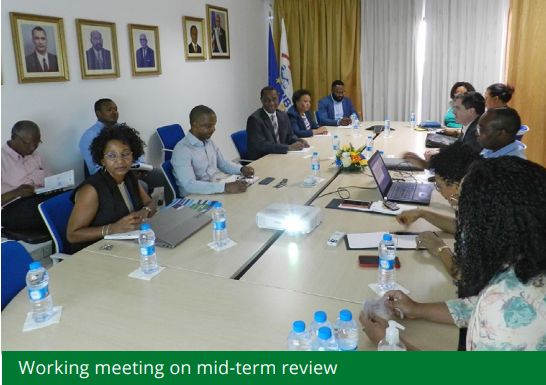
A mid-term review of the strategy is essential to ensure we are on the right path and that the strategy is well executed to produce its expected impact
Luís Ortet da Veiga, Director General
The challenge was to select meaningful indicators and to ensure the quality of the information collected. Then the interpretation of the results constituted another challenge because explaining the reasons of those results was very important to provide useful information for decision-making by leadership.
Mário Tavares, Head of the Planning and Quality Control Unit
No strategy or operational plan is set in stone. Plans are living documents, which should respond to a changing environment, by possibly adjusting performance expectations and priorities. Once the parameters are in place, they set a robust ground for agile strategic management.
Laurent Grosse-Kozłowski, Manager Governance, IDI
This is what a mid-term review allows and by doing so, the Tribunal de Contas of Cabo Verde has set a clear path for a higher performance in the next two years.
AUTHORS
Laurent Grosse-Kozlowski, Manager SAI Governance.
Meaningful indicators, meaningful results – a strategy mid-term review to improve impact
The SPMR initiative is co-funded by the Swiss State Secretariat for Economic Affairs, SECO
